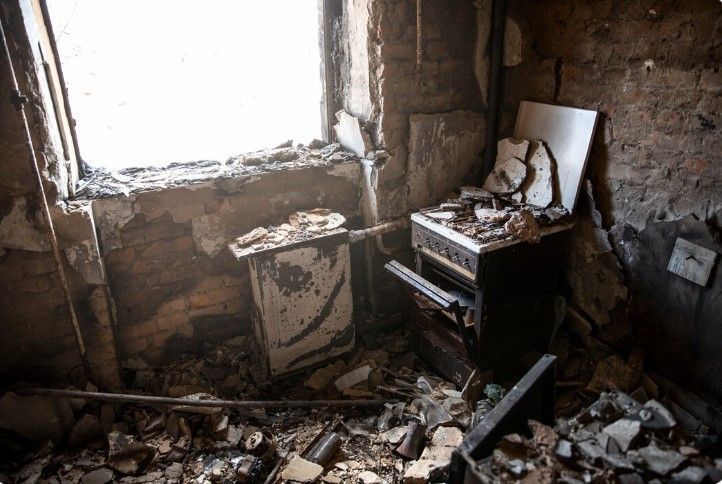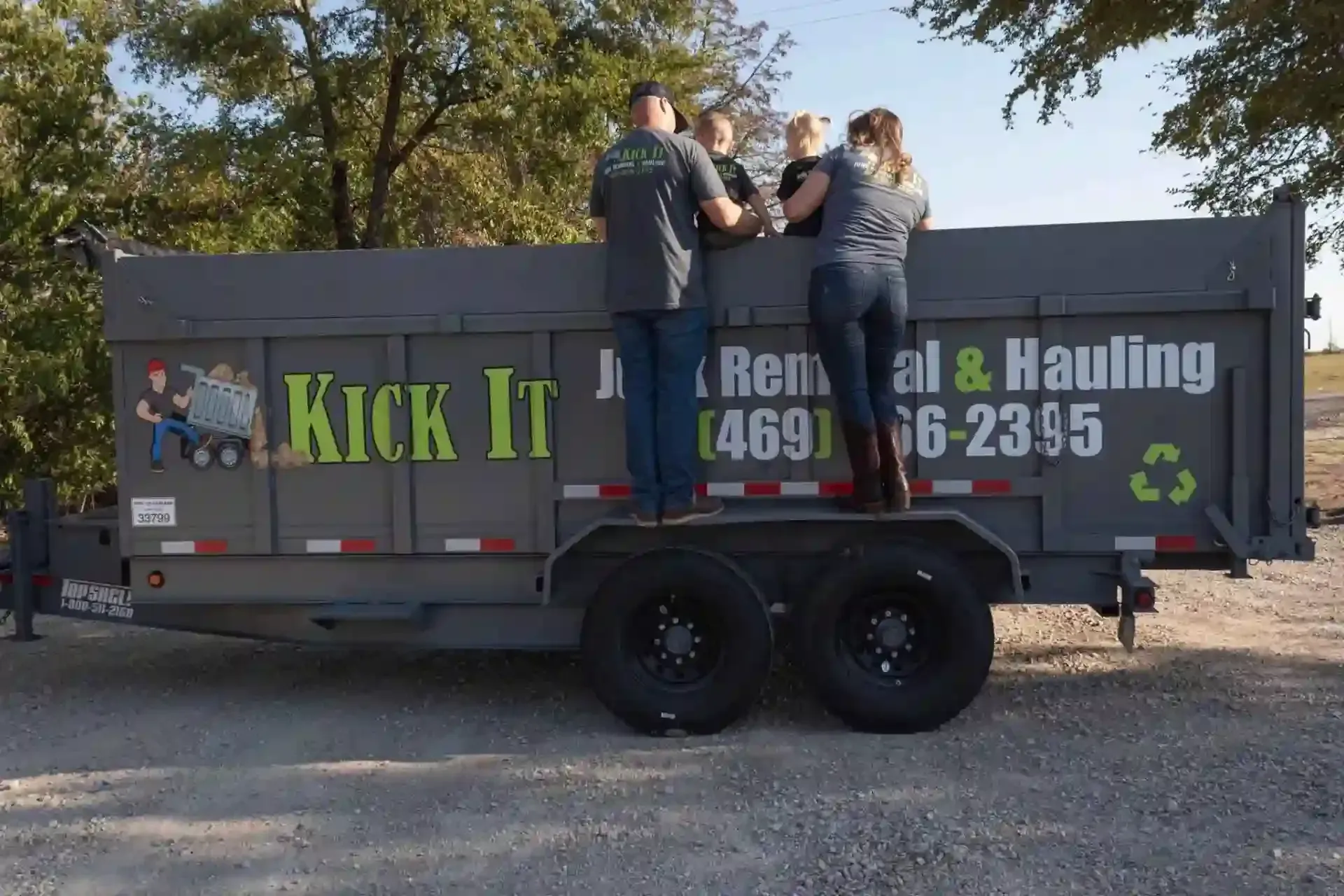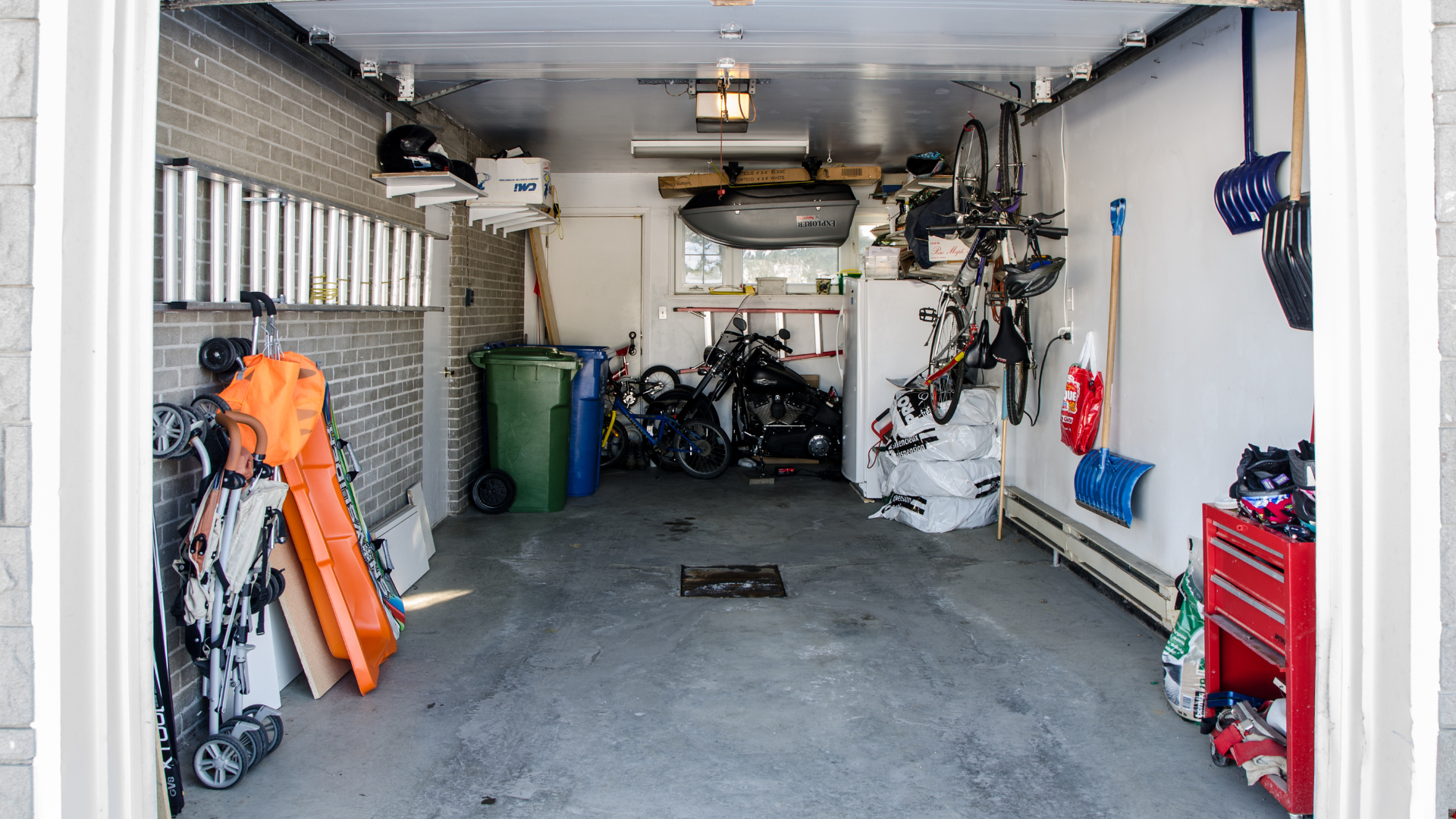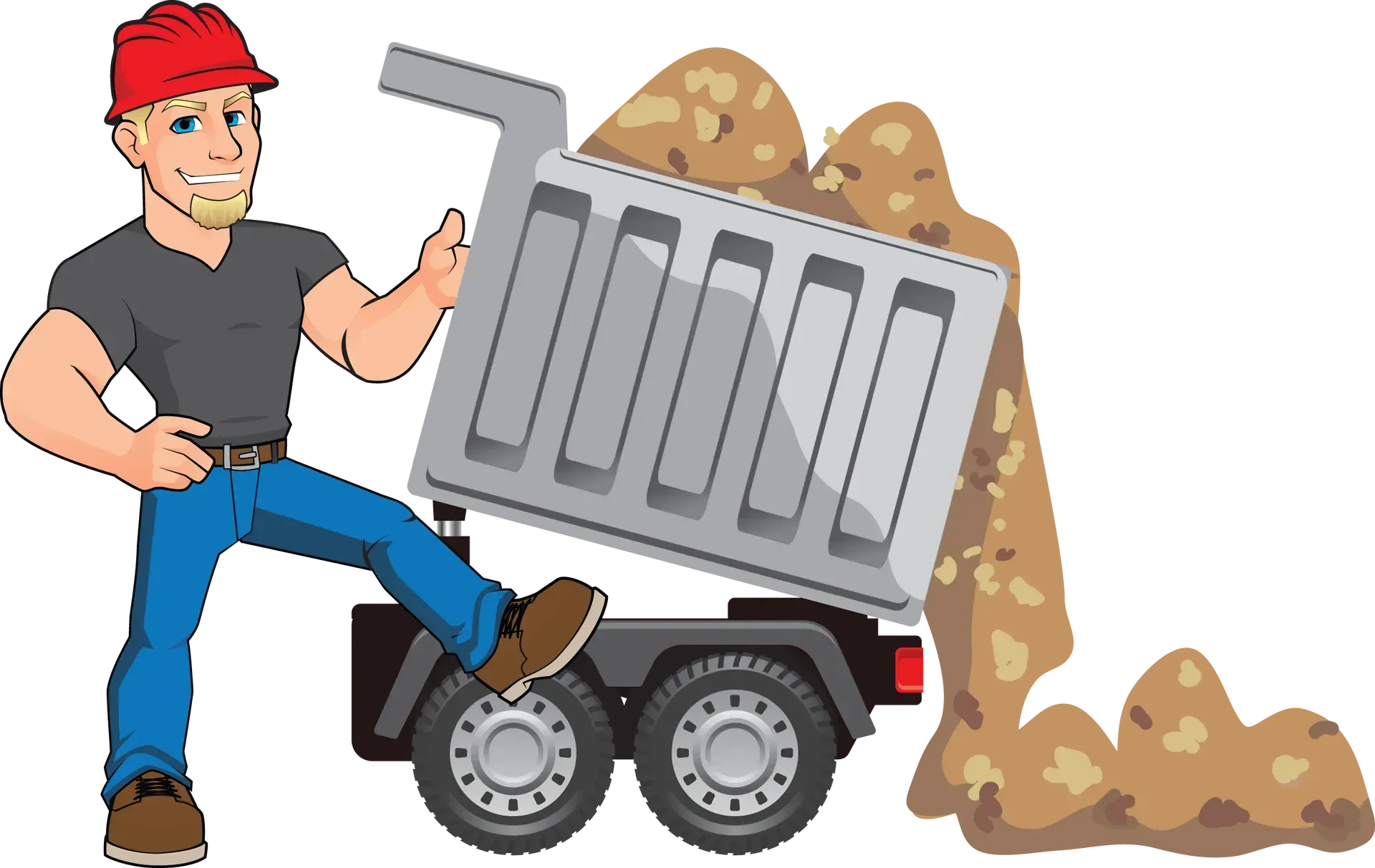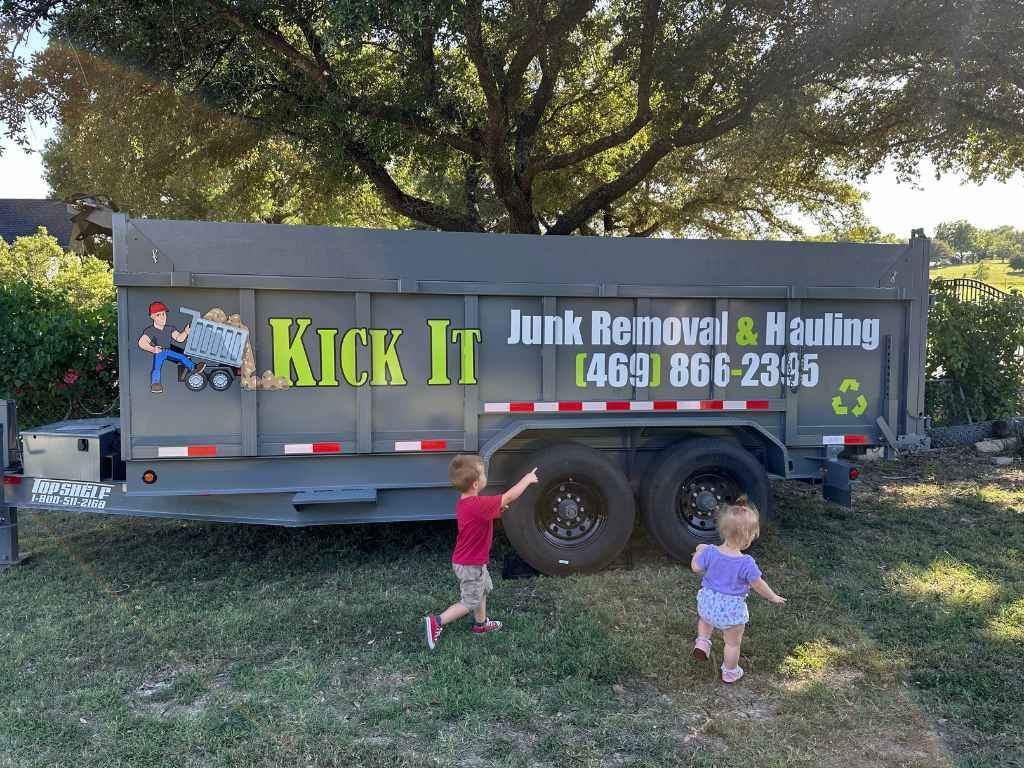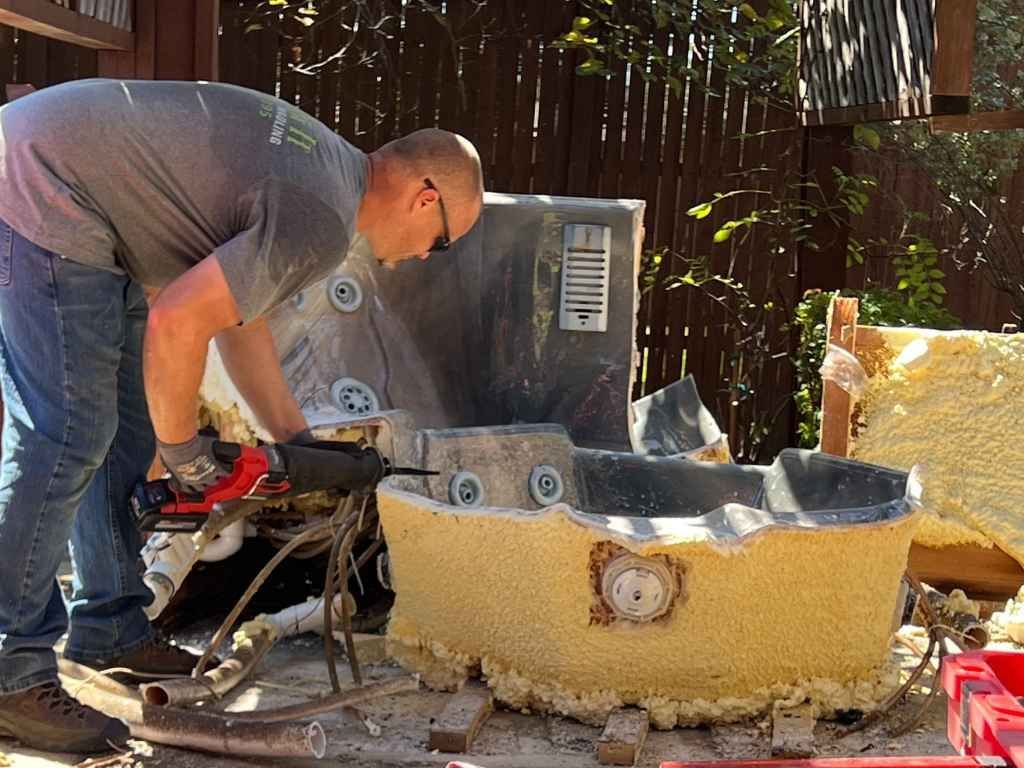The Impact of Recycling Scrap Metal on Global Sustainability
Recycling scrap metal plays a pivotal role in advancing global sustainability, offering benefits that go beyond simple waste reduction. By reprocessing scrap metal, valuable resources are reused, cutting down on the need for mining and the environmental impact of extracting new materials. This process not only conserves natural resources but also reduces the energy consumed during production. With growing environmental concerns, the significance of metal recycling is clearer than ever—helping to reduce carbon footprints while fostering a circular economy.
At Kick It Services, we understand how important it is to embrace eco-friendly practices. Our scrap metal recycling services help communities, businesses, and individuals do their part in reducing waste and promoting sustainability. By choosing to recycle with us, you contribute to a cleaner planet, ensuring that valuable metals are put back into the production cycle instead of polluting our environment.
How Recycling Scrap Metal Contributes to Global Environmental Protection
Recycling scrap metal is one of the most impactful ways to contribute to global environmental protection. By reusing metals, we significantly reduce the need for new mining operations, which are often harmful to the environment. Mining can lead to serious consequences such as land degradation, water contamination, and the destruction of ecosystems and wildlife habitats. When we recycle scrap metal, we help preserve these natural areas, safeguarding biodiversity and maintaining the health of our planet’s ecosystems.
Beyond preserving natural landscapes, scrap metal recycling also plays a major role in conserving energy. The process of melting down and reforming metal from scrap requires substantially less energy than extracting and refining metal from raw ore. This decrease in energy use leads to fewer greenhouse gas emissions, helping to combat climate change and reduce global carbon footprints. Through recycling, we not only conserve precious natural resources but also promote a cleaner, more sustainable future for generations to come.
The Role of Scrap Metal Recycling in Reducing Waste and Conserving Resources
Scrap metal recycling plays a crucial role in reducing the amount of waste sent to landfills. Metals such as aluminum, steel, and copper can take hundreds of years to decompose if discarded, contributing to long-term environmental pollution and taking up valuable landfill space. By recycling these materials, we significantly reduce waste and prevent these valuable resources from being lost. This not only minimizes landfill overflow but also helps reduce the environmental footprint associated with disposal.
In addition to waste reduction, recycling scrap metal is key to conserving raw materials. Mining for new metals requires extensive resources, energy, and often causes environmental degradation, such as habitat destruction and pollution. By reusing metals from scrap, we decrease the demand for virgin materials, thus helping to preserve essential natural resources like forests, water, and fossil fuels. Recycling also reduces the strain on ecosystems caused by resource extraction, promoting a more sustainable cycle of consumption and production that benefits both the environment and future generations.
Why Scrap Metal Recycling is Essential for a Sustainable Future
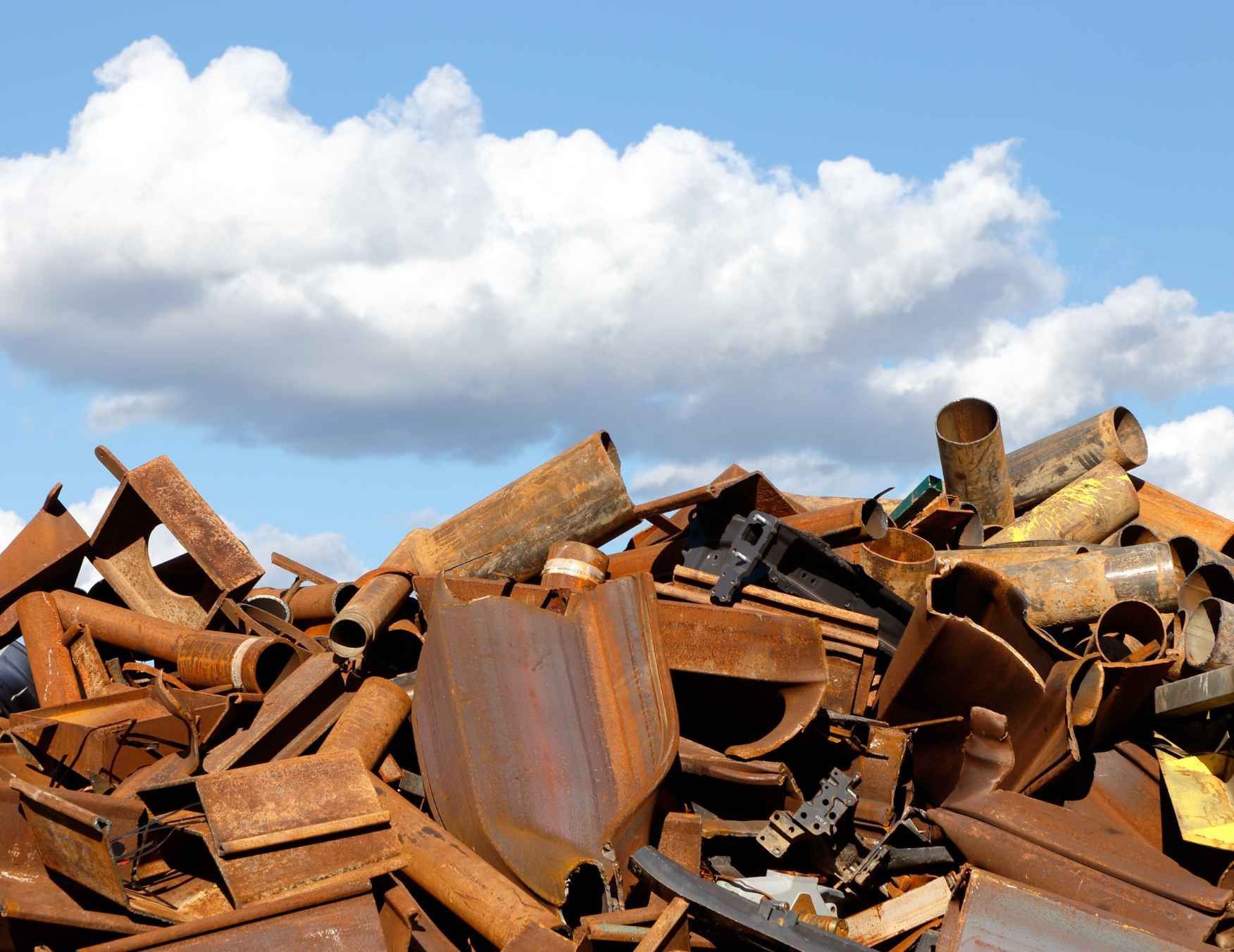
Scrap metal recycling is essential for building a sustainable future, as it directly supports the efficient management of our planet’s limited resources. Metals such as aluminum, steel, and copper are finite, and once they are depleted, they cannot be replaced. By recycling these materials, we help ensure their availability for future generations while preventing valuable resources from ending up in landfills. This circular approach to resource use is a cornerstone of sustainability.
In addition to preserving materials, scrap metal recycling significantly reduces the environmental impact associated with manufacturing. Producing new metal products from recycled scrap uses far less energy than creating them from raw materials, resulting in fewer greenhouse gas emissions and less environmental degradation. This energy efficiency helps combat climate change and lessens the strain on natural ecosystems. By embracing scrap metal recycling, we not only reduce our ecological footprint but also support a more responsible and resilient economy. It’s a key step toward a cleaner, greener, and more sustainable world.
How Recycling Scrap Metal Can Help Combat Climate Change
Recycling scrap metal is one of the most effective ways to fight climate change. The production of metal from raw materials requires large amounts of energy, often derived from fossil fuels, leading to significant carbon emissions. Recycling scrap metal, on the other hand, uses much less energy and produces fewer greenhouse gases, helping to reduce global warming potential.
In addition to lowering emissions, scrap metal recycling plays a role in conserving resources that would otherwise be consumed through mining and extraction. This reduction in resource depletion further benefits the environment by preserving habitats, reducing pollution, and minimizing ecological damage. By recycling metal scrap, we make a direct contribution to combating climate change and building a more sustainable planet for the future.
The Benefits of Scrap Metal Recycling for a Greener Planet
Scrap metal recycling offers numerous benefits for creating a greener planet, playing a crucial role in both environmental conservation and resource management. One of the primary advantages is its ability to conserve energy. Producing metal from recycled scrap requires significantly less energy compared to extracting and refining raw materials, which helps reduce the need for energy-intensive mining processes. This energy savings not only lowers production costs but also decreases greenhouse gas emissions and other harmful pollutants that contribute to climate change.
In addition to saving energy, recycling scrap metal helps conserve precious natural resources. Since metals are finite, recycling ensures that these valuable materials can be reused multiple times, diminishing the need for new mining and extraction operations. This reduction in resource extraction helps protect ecosystems from the negative environmental impacts associated with mining, such as habitat destruction and water contamination. By embracing scrap metal recycling, we make a significant contribution to a more sustainable and eco-friendly world, promoting environmental stewardship for future generations.
How Scrap Metal Recycling Supports a Circular Economy
Scrap metal recycling is a crucial component of the circular economy, where resources are reused and recycled rather than discarded. In a circular economy, materials like metals are continuously processed and repurposed to create new products, reducing the need for raw materials and minimizing waste. By recycling scrap metal, we contribute to this sustainable economic model.
The benefits of a circular economy extend far beyond environmental impact. By recycling metals, we create economic opportunities in industries such as recycling, manufacturing, and logistics. This reduces the reliance on extraction-based industries and fosters a more sustainable and resilient economy. In this way, scrap metal recycling not only helps preserve resources but also supports a more sustainable and thriving economic system.
The Environmental Impact of Recycling Scrap Metal You Should Know
Recycling scrap metal has a significant positive environmental impact, helping to reduce pollution and ease the strain on ecosystems. When metals are recycled, much less energy is required compared to producing new metals from raw materials. This energy reduction leads to fewer carbon emissions, which plays a crucial role in mitigating the effects of climate change and lowering the global carbon footprint.
Furthermore, recycling scrap metal helps prevent the pollution typically associated with mining. The mining of metals can result in soil erosion, water contamination, and destruction of natural habitats. By choosing to recycle scrap metal instead of relying on new mining operations, we minimize the environmental harm linked to these activities. Recycling not only conserves valuable resources but also reduces the need for harmful extraction processes. This makes recycling an effective and powerful way to lessen the harmful environmental impact of metal production and contribute to a cleaner, more sustainable world for future generations.
Why Recycled Scrap Metal is Key to Sustainable Manufacturing Practices
Recycled scrap metal is essential for creating more sustainable manufacturing practices. The manufacturing industry is one of the largest consumers of raw materials, and by incorporating recycled metal into production processes, manufacturers can significantly reduce their reliance on new materials, ultimately lowering their environmental impact. This practice not only conserves natural resources but also contributes to reducing the carbon footprint of the entire manufacturing sector. By shifting toward the use of recycled materials, manufacturers can build a more sustainable supply chain that benefits both the economy and the environment.
Additionally, using recycled scrap metal promotes efficiency within the production process. As metals are reused, the demand for mining and extraction activities decreases, which leads to lower energy consumption, fewer emissions, and a reduction in the environmental degradation typically caused by mining. Recycled scrap metal thus plays a crucial role in advancing sustainable and environmentally responsible manufacturing practices. It supports long-term economic growth, helps protect the planet’s resources, and ensures a cleaner future.
Conclusion
Recycling scrap metal offers an incredible opportunity to make a positive impact on both the environment and our communities. By choosing to recycle, we contribute to the conservation of valuable resources, reduce the harmful effects of mining, and cut down on the energy required to produce new metal products. The benefits extend far beyond reducing waste—recycling metal supports a sustainable future by lowering carbon footprints, preserving natural habitats, and fostering a circular economy. This simple yet effective process helps ensure that we leave a healthier planet for future generations to enjoy.
If you’re ready to make a difference, Kick It Junk Removal & Hauling is here to help with all your scrap metal recycling needs. Our team is committed to making your recycling efforts easy and efficient, helping you contribute to a greener, more sustainable world. Whether you’re cleaning out your home, office, or construction site, we can assist with safe and eco-friendly disposal of your scrap metal. Don’t wait—contact us today to learn how you can take part in the global movement towards sustainability.
For more information, reach out to us at 469-866-2395 or email Paul@kickitservices.com.

